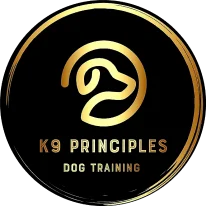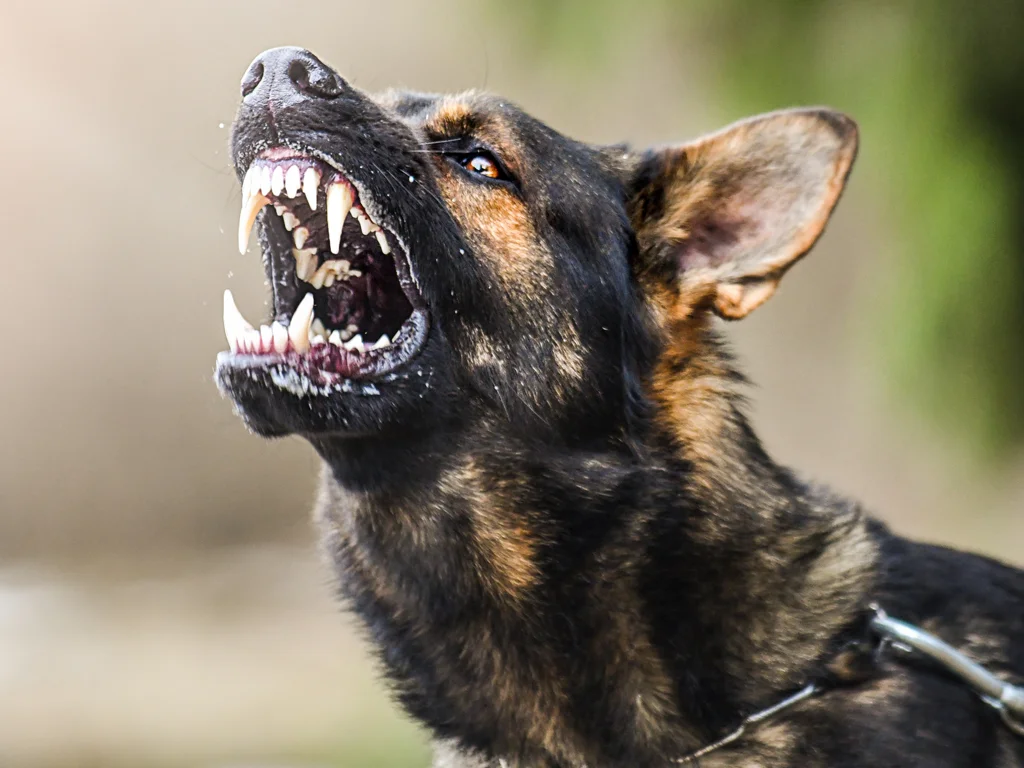Understanding the Roots of Dog Aggression
Dog aggression is a significant behavioural issue that demands immediate attention. Whether your dog is growling, snarling, nipping, or biting, comprehending the root cause is pivotal in effectively managing and mitigating this conduct. Factors such as genetic predisposition, lack of socialization, territorial instincts, and underlying medical conditions often contribute to aggressive behaviour in dogs.
Types of Dog Aggression
Dominance Aggression
Aggression borne from a desire for social dominance usually occurs during interactions with other dogs and can sometimes extend to humans.
Fear-Based Aggression
Fearful dogs may manifest aggression when they perceive a threat—real or imagined. It is crucial to understand this to mitigate any incidents effectively.
Possessive Aggression
Resource guarding, or possessive aggression, occurs when dogs become overly protective of their possessions, be it food, toys, or even specific humans.
Redirected Aggression
This is when a dog, riled up by an object or creature it cannot reach, redirects that aggression towards someone or something else.
Identifying Warning Signs
Early identification is crucial in preventing a severe aggressive episode. Warning signs to watch for include:
- Growling or snarling
- Stiff body posture
- Raised fur along the spine
- Intense eye contact
Importance of Private Training for Aggressive Dogs
Private training allows for a tailored approach in tackling dog aggression. One-on-one sessions offer a distraction-free environment, focusing solely on your pet’s specific needs. We will assess your dog’s behavioral issues and prescribe an individualized training regimen. We will work through each stage of the rehabilitation clearly explaining what we are seeing and the methods we are applying to deal with correcting it. We will progress as quickly as the dog allows but never go past their threshold until the foundation has been laid and they clearly understand the desired response.
Obedience Classes to Curb Aggression
Obedience classes are particularly important in your strategy to manage and curb dog aggression. These structured sessions provide a disciplined and controlled environment where dogs can learn the fundamentals of obedience, and owners can acquire the skills to manage aggression effectively in a group environment.
Steps to Manage and Reduce Dog Aggression
Comprehensive Dog Training Programs
Private training sessions serve as the cornerstone for modifying aggressive behaviour in dogs. Consistency is key here. Utilize positive reinforcement methods, rewarding your dog for exhibiting desired behaviour. Once we have a consistent response during private training, obedience classes will be the next step. One of our trainers will be by your side as we take that next step towards full integration. We will work at the thresholds of your dog to ensure success and push forward once they are ready.
Socialization Techniques
Socializing your dog to various environments, animals, and humans is essential in reducing its aggressive tendencies. Early socialization is particularly crucial.
Medication and Therapy
In extreme cases as a last resort, pharmacological intervention may be required. However, medication like anti-anxiety pills or antidepressants should only be considered after consulting a qualified veterinarian.
Proactive Measures for Pet Owners
Being proactive is equally critical. Always leash your aggressive dog in public spaces and consider using a muzzle if required. Physical punishment should be strictly avoided as it can exacerbate aggressive behaviour.
Legal Implications
Ownership of an aggressive dog comes with its set of legal ramifications. Laws regarding pet ownership and liabilities differ by area, so it is essential to be aware of local regulations. Your dog’s behaviour is your responsibility.
Conclusion
Managing dog aggression involves a multi-faceted approach. It starts with understanding its roots, identifying early warning signs, and implementing effective management strategies. Utilizing private training can offer specialized help in controlling aggressive tendencies as you progress towards entering an obedience class. Always consult professionals and adopt proactive measures to ensure the safety of both your dog and the public.
Frequently Asked Questions
-
A. Dog aggression is a behavioral issue characterized by overt or covert acts of hostility, such as growling, snarling, nipping, or biting. It can be directed toward humans, animals, or objects and may be rooted in a range of factors like fear, dominance, or possessiveness.



